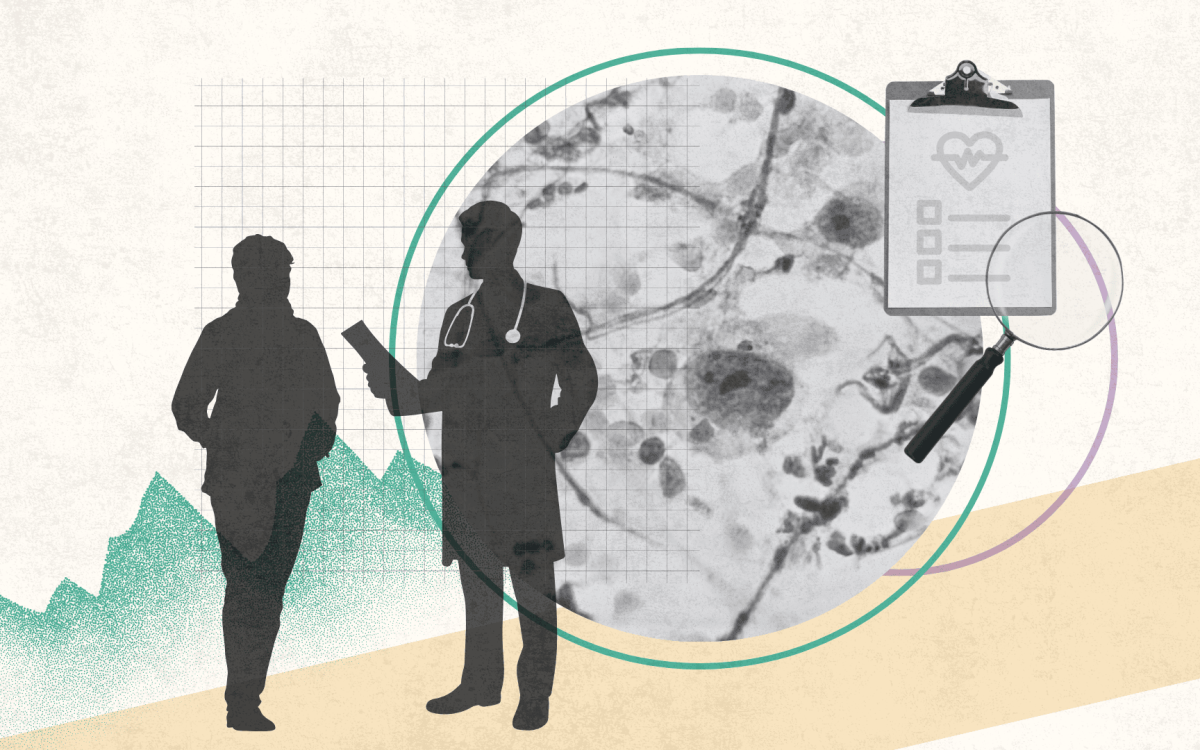Tag: Harvard Center for Risk Analysis
-
Campus & Community
Warnings about fish consumption and mercury overstated
A comparison of the risks and benefits of fish consumption suggests that government advisories warning women of childbearing age about mercury exposure should be issued with caution. The study warns…
-
Health
Strategies to help AIDS patients take medicines are cost effective
The effectiveness of antiretroviral therapy for HIV infection depends on how well patients adhere to complicated drug regimens. Researchers found that among patients with lower levels of adherence to their…
-
Science & Tech
New busing controversy flares up
James Hammitt, professor at the School of Public Health, and his colleagues have spent the past three years doing risk analyses of buses with conventional diesel engines and emission-controlled diesel…
-
Science & Tech
New approach to cervical cancer screening could save lives
When caught early through a Pap test, cervical cancer is almost 100 percent preventable, with treatment of precancers. Compared with current practice, shifting women currently getting annual conventional Pap tests…
-
Science & Tech
Analysis of potential mad cow risk in U.S. finds little chance of disease spread
The Harvard Center for Risk Analysis (HCRA), part of the Harvard School of Public Health, performed an analysis for the U.S. Department of Agriculture to determine what the effects would…
-
Health
Study shows strong public interest in genetic testing for Alzheimer’s disease
A genetic test to determine a person’s chance of getting Alzheimer’s disease is still hypothetical. But scientists are getting closer and closer to being able to determine who is likely…
-
Science & Tech
Medicaid coverage for anti-AIDS drugs would be cost effective
It’s long been said that “an ounce of prevention is worth a pound of cure.” A new study from the Harvard Center for Risk Analysis applies the principle to treating…
-
Science & Tech
Study examines hazardous seating of children in fatal motor vehicle crashes
A recent study by Harvard School of Public Health scientists examined how often adults placed children in the rear of vehicles, and what factors affected that placement. The study, led…
-
Science & Tech
Preventing cervical cancer in developing nations
Cervical cancer kills approximately 190,000 women each year, most of them in developing nations. It is the third most common cancer world wide. Women who live in more affluent nations…
-
Science & Tech
Depiction of alcohol, tobacco use in G-rated animated films still high
Alcohol and tobacco use is depicted as normal behavior in nearly half of G-rated animated feature films. While researchers at the Harvard School of Public Health say that this is…
-
Health
Testing to identify drug-resistant AIDS strains is cost-effective
A new study led by the Harvard Center for Risk Analysis, published in the Annals of Internal Medicine in March 2001, finds that testing people with HIV to determine whether…
-
Science & Tech
Drivers place children in rear seat because of new law
A Rhode Island law that requires that children sit in the back and wear proper restraints imposes fines of $30 for violation of the rear seating requirement and $150 for…


